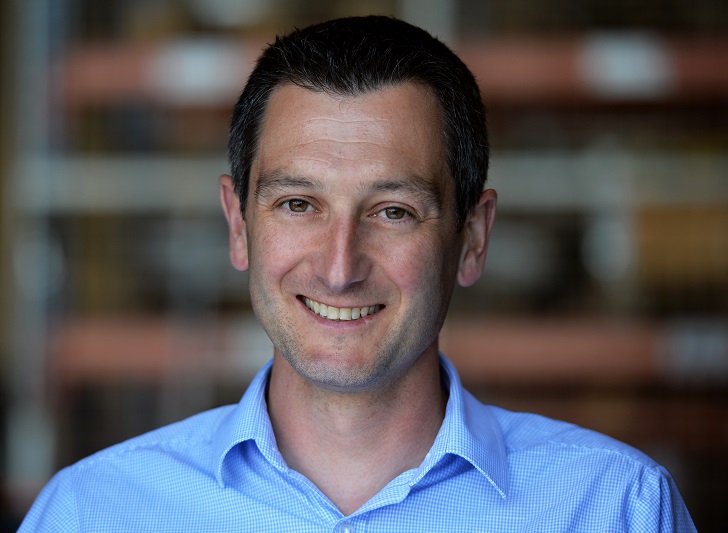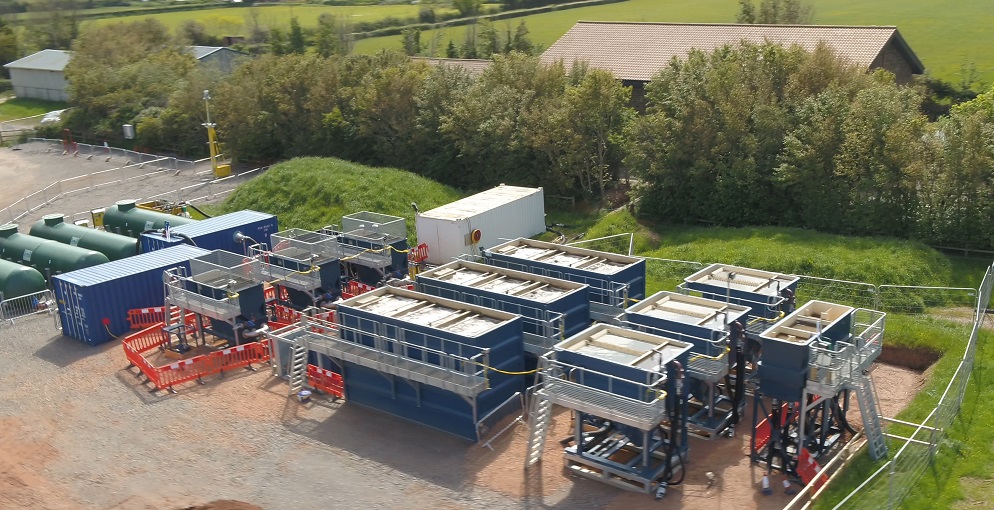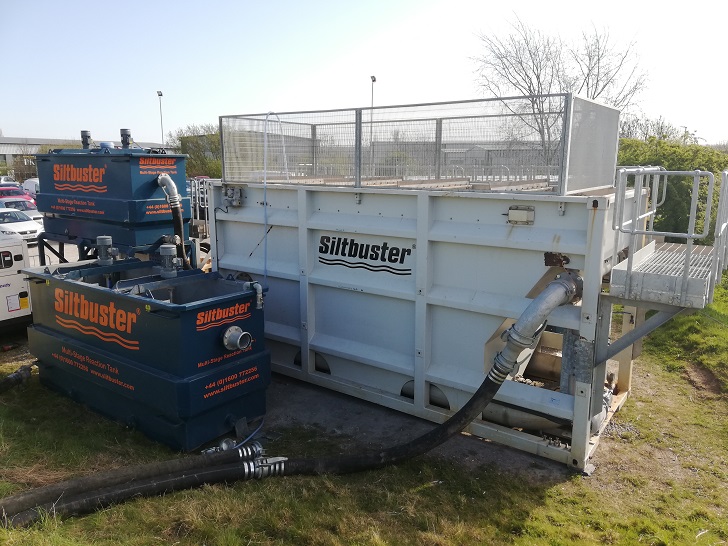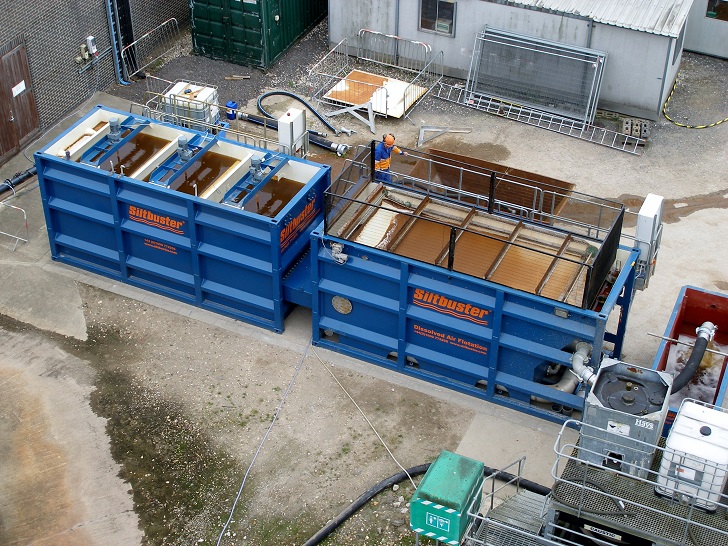



Like most global water industries today, the UK’s is under pressure to meet new and stricter regulations. Here we find out how modular water treatment systems can provide the industry with solutions to achieve these targets.
The UK water industry will face some significant pressures through the Water Industry Environment Programme (WINEP) and the Water Services Regulation Authority (OFWAT) efficiency targets. The good news is that modular water treatment systems can provide gains in flexibility and responsiveness that are vital to meeting these pressures. The use of such systems, in conjunction with existing treatment plants, ensures that asset life is optimised, and activity is sustained, without the need for excessive capital investment.
Beyond this, they allow the treatment capacity of existing treatment plants to flex at short notice to meet changing demands. This is particularly important given the fluctuating economic and environmental climate, which is creating additional compliance risk. This can be a combination of industrial (trader) activity, transient population, asset age, along with changes in seasonal demand presenting different demands on treatment needs. It is easy to see why now is the time for organisations to increase their water treatment capacities with modular packaged systems.
Resilient and responsive Packaged modular water treatment systems can be deployed rapidly. This is often seen when such systems are installed to assist with compliance during essential capital maintenance activities, such as biological filter refurbishments using package biological plants, bridge scraper refurbishment using mobile clarifiers, or reed bed refurbishments using package tertiary plants.
The role of the modular plant in these applications provides both programme and consent reliability, removing constraints that may well have prevented proactive maintenance to take place on time to provide a more resilient asset. Further merits of responsive modular systems allow additional capacity to be provided when needed, offering asset efficiencies through not having to oversize treatment capacities at the initial stages in the development of a site. The benefits of this can be seen for large new residential sites as the treatment capacity grows with the development.
If these principles for package plant solutions provided flexibility and resilience then there is no reason why packaged plant solutions cannot be installed for wider capital programmes, allowing the development of asset investment incrementally and sustainably.
Principles developed outside the water industry can be drawn on and translated to provide further resilient wastewater delivery. Let’s consider, for instance, the construction of effluent treatment plants for the food, beverage, and process sectors. The integration of supplier packages, utilising different construction materials and design horizons, all contribute to the sector achieving best value without impacting production/manufacturing processes.
There’s much talk about the programme savings associated with offsite manufacture such as DFMA. The practical application of modular construction techniques enables the water industry to realise such savings. For instance, using modular packaged plants allows for more focused build programmes; minimising onsite activities and therefore, site risks can be significantly reduced.
SMART delivery Furthermore, packaged plants embrace a ‘SMART’ delivery concept of Standard, Modular, Agile, Responsive, Treatment. As such, modular systems are well aligned to the ambition of the industry to drive for efficiencies and prove that AMP7 (Asset Management Period 7) outcomes can be achieved sustainably.
The delivery of SMART solutions for wastewater requires increased engagement and collaboration with the supply chain. It will enable the water industry to draw on and benefit from the experiences of other industries that are deploying responsive modular solutions.
As an example, the use of Dissolved Air Flotation in the food and beverage sector provides a SMART outcome, not just for FOG applications, but also for highly loaded TSS; the use of a packaged plant in this manner is proven in reducing the load on existing processes. If this type of process is proven, flexible, and readily deployable, then it has a place in the water sector’s SMART delivery chain. It can be coupled with other packaged plants and become a complete works solution.
With the focus on environmental performance for the UK water industry, now is the time to evaluate resilience strategies to demonstrate the capabilities of the sector working together with the supply chain.
Conclusion We need to be prepared to rethink where and how we invest our efforts and finances. The fact is, a modular outlook on things will bring rewards if applied in the right way. The need to adapt will not only prove how responsive the industry is to meet the challenging targets, but will also be an opportunity to deliver resilient services to the customer in a more cost-effective way.
The adoption of modular solutions doesn’t have to simply mean new technologies and processes; it can involve simply thinking about things differently and thus using familiar technologies in smarter, more strategic ways. Any investment in water treatment must be best placed to support current needs, as well as those in the future.
This might mean incrementally building asset bases or bolting on assets to optimise asset bases. The important thing is that it all adds up to achieving a more sustainable outcome for the industry and environment. With modular treatment solutions, we have the opportunity to deliver investment the SMART way.



